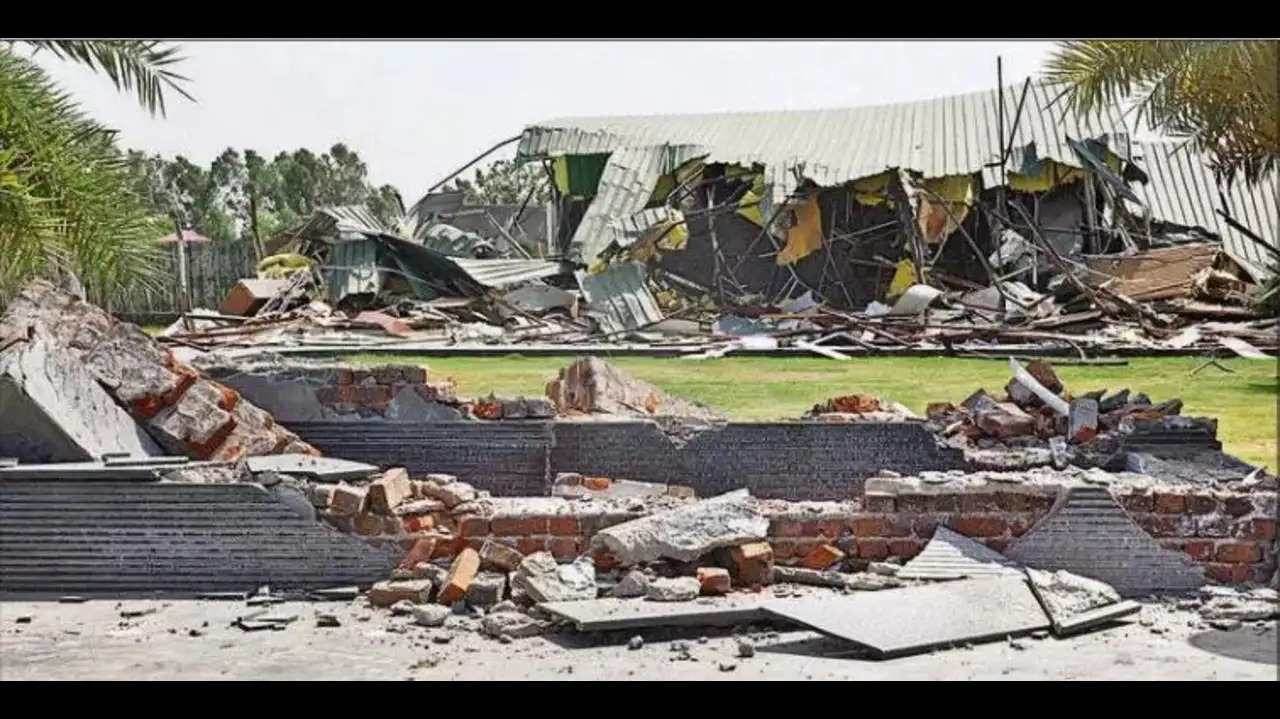The High Court has recently issued a crucial directive mandating a status quo on all farmhouse constructions within the Yamuna floodplain area, affecting both property owners and the Noida authority. This order aims to address growing environmental and regulatory concerns associated with unchecked development in ecologically sensitive flood-prone zones. Here is an in-depth look at the court’s decision, its implications, and the broader context surrounding the Yamuna floodplain constructions.
Court’s Directive And Its Scope
The court instructed both farmhouse owners and the Noida authority to halt any further construction, development, or alterations pending a comprehensive review or final decision.
This status quo order means that ongoing projects must pause without progressing, and proposed developments cannot proceed until further notice.
The move is part of judicial efforts to safeguard the floodplain from ecological damage and potential flood risks.
Environmental Concerns Behind The Order
-
The Yamuna floodplain is a critical ecological zone that acts as a natural buffer during flooding, supporting biodiversity and groundwater recharge.
-
Increased construction has disrupted flood management, contributed to habitat loss, and exacerbated flooding risks in downstream areas.
-
Environmental activists and experts have repeatedly flagged the impact of haphazard farmhouse developments on the floodplain’s fragile ecosystem.
Legal And Regulatory Background
-
Multiple legal provisions and environmental regulations govern development in floodplain zones to ensure sustainable land use and disaster risk mitigation.
-
Noida authority is responsible for enforcing building codes, land-use regulations, and ecological safeguards within its jurisdiction.
-
The court’s intervention suggests possible lapses or inadequacies in compliance monitoring, triggering judicial scrutiny.
Implications For Farmhouse Owners
-
Owners who have invested in or are planning to build farmhouses must now pause construction activities, facing uncertainty on project timelines.
-
The status quo order could impact property values and future plans pending judicial or administrative outcomes.
-
Owners are advised to adhere strictly to the court order to avoid legal repercussions and potential penalties.
Responsibilities Of Noida Authority
-
The Noida authority is required to ensure full compliance with the court’s directive by monitoring construction activities and enforcing stoppages.
-
It must also undertake or facilitate environmental assessments and prepare plans for sustainable floodplain management.
-
The authority’s cooperation is critical in balancing development interests with ecological preservation.
Broader Impact On Urban Planning And Flood Management
-
The order highlights the challenges of managing urban expansion while preserving natural flood buffers in rapidly growing regions around the Yamuna basin.
-
It serves as a reminder of the need for integrated water resource management, stricter zoning laws, and community awareness.
-
Proper floodplain management is increasingly vital given growing climate change risks and urban flooding episodes in NCR (National Capital Region).
Next Steps And Expected Developments
-
Authorities and stakeholders may now work on environmental impact assessments, regulation reviews, and possible remediation plans.
-
The court may schedule further hearings to evaluate compliance, assess reports, and decide on long-term measures.
-
There is potential for policy reforms aiming at stricter construction controls and floodplain conservation in future urban planning.
Public And Expert Reactions
-
Environmental groups have welcomed the court’s decision as a necessary step in protecting a vulnerable ecosystem.
-
Real estate developers and some property buyers express concerns about project delays but acknowledge the importance of sustainable development.
-
Experts emphasize that balancing ecological integrity with development demands requires transparent, participatory governance mechanisms.
In conclusion, the High Court’s order to maintain status quo on farmhouse constructions across the Yamuna floodplain marks a significant moment in environmental jurisprudence and urban governance. It underscores the urgent need to protect ecological zones that play crucial roles in flood mitigation and regional sustainability. As the situation unfolds, it will test the capacities of local authorities, judiciary, and communities to enforce regulations and promote responsible development.
Sources: Times of India, Hindustan Times, Indian Express, Environmental Law Journal
